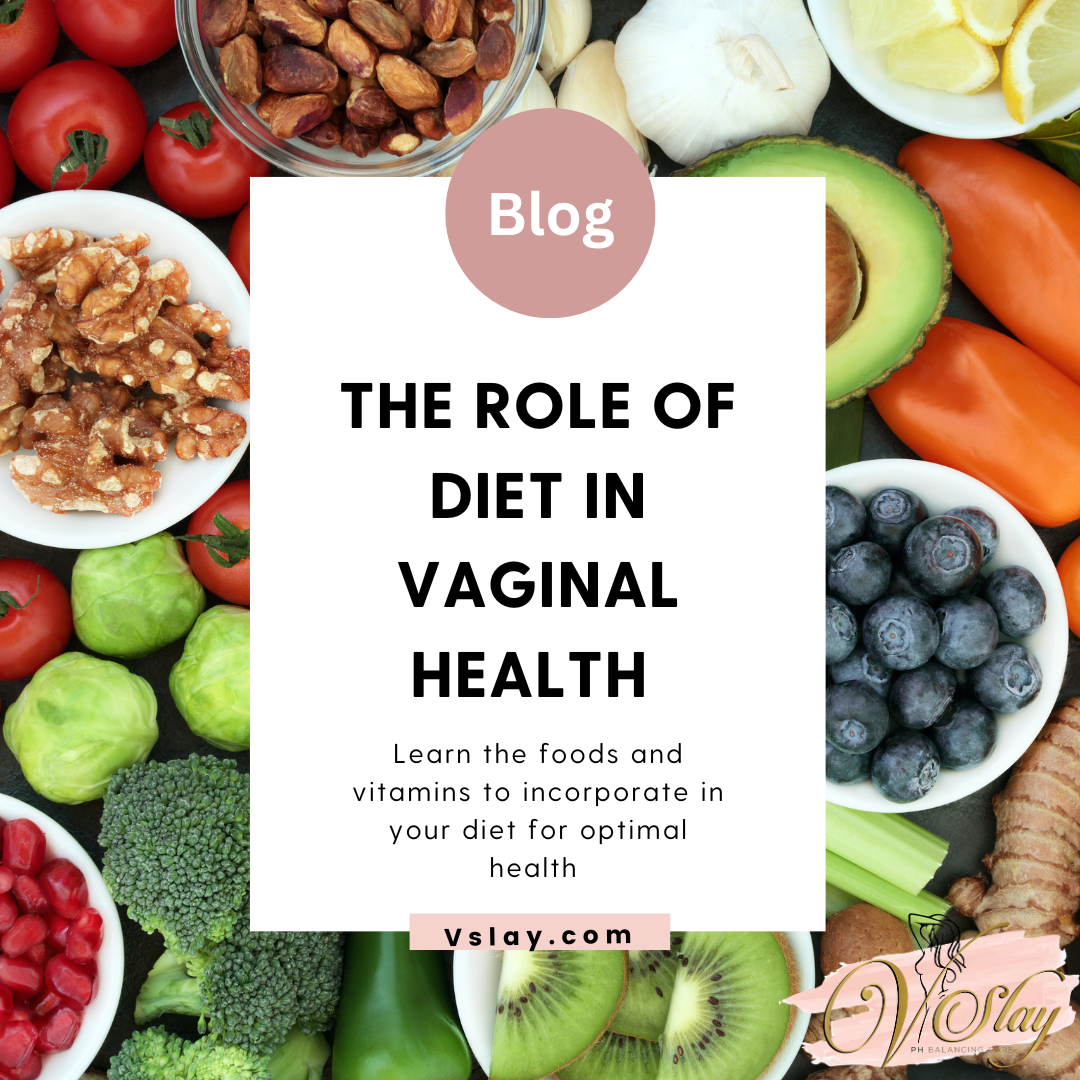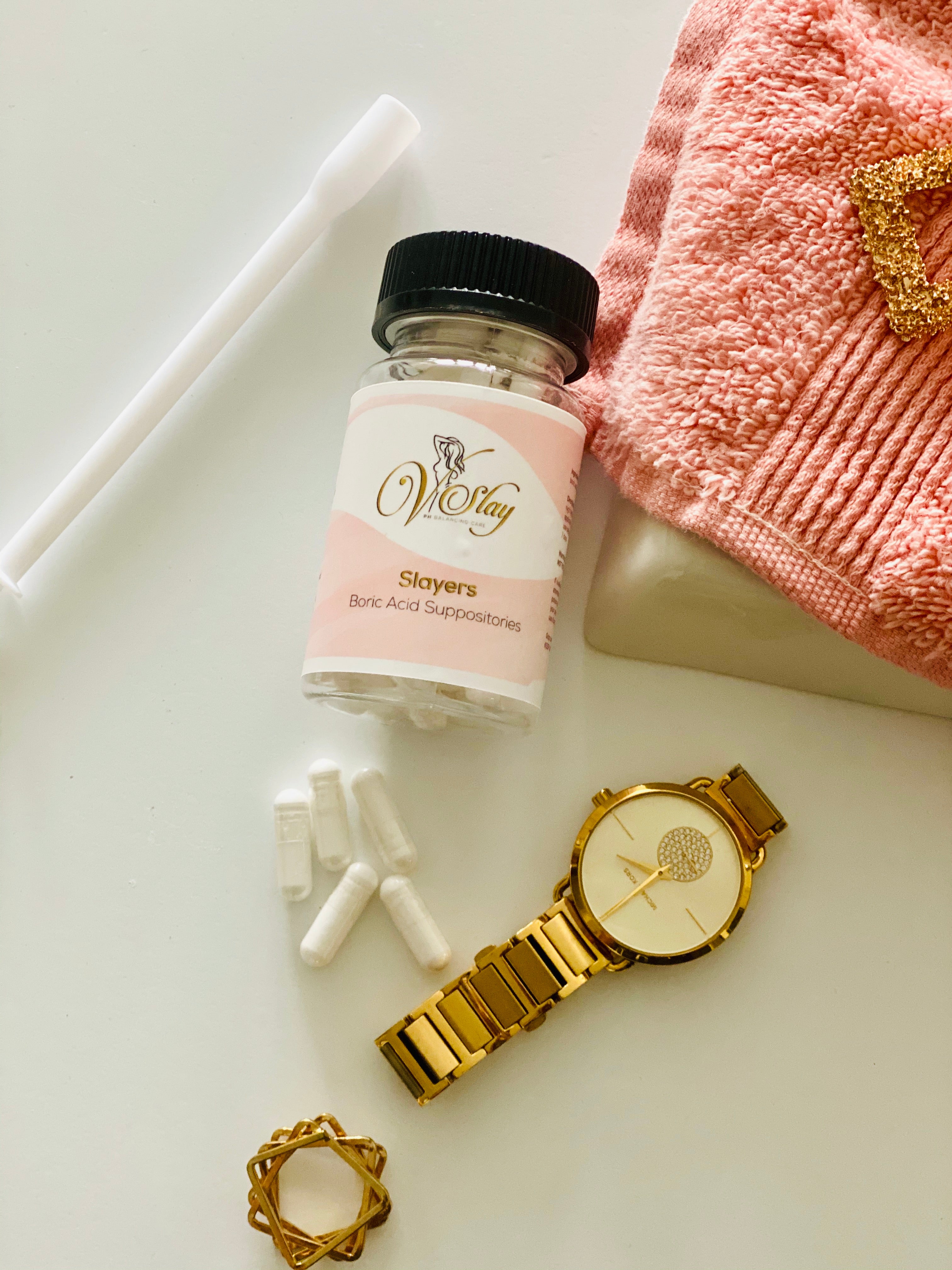
Maintaining good vaginal health is important for women's overall well-being, and there are several ways to achieve this, including a healthy diet. A well-balanced diet can help support the immune system, prevent infections, and maintain a healthy vaginal microbiome. In this blog post, we'll explore the role of diet in maintaining vaginal health and provide tips on how to achieve it.
The Vaginal Microbiome
The vagina is home to a unique ecosystem of microorganisms, known as the vaginal microbiome. The microbiome is made up of various bacteria, including Lactobacillus species, which are responsible for keeping the vagina's pH level acidic, thus preventing the overgrowth of harmful bacteria. The balance of bacteria in the microbiome can be influenced by many factors, including diet, hygiene, sexual practices, and hormone levels.
The Role of Diet
A balanced diet rich in nutrients is essential for overall health, and it can also help maintain a healthy vaginal microbiome. Here are some dietary tips that can help support vaginal health:
- Eat a variety of fruits and vegetables
Fruits and vegetables are rich in essential vitamins and minerals, such as vitamin C and potassium, that support the immune system and help maintain a healthy vaginal pH level. Leafy green vegetables, like spinach and kale, are particularly beneficial due to their high content of vitamin K, which has been shown to support vaginal health.
- Probiotics
Probiotics are live bacteria and yeasts that are good for your health, especially your digestive system. They can also be beneficial for the vaginal microbiome. Foods like yogurt, kefir, and sauerkraut are rich in probiotics and can help promote the growth of beneficial bacteria in the vagina.
- Stay hydrated
Drinking plenty of water and staying hydrated is essential for maintaining vaginal health. It helps flush out harmful bacteria and prevent urinary tract infections.
- Avoid excessive sugar and refined carbohydrates
High levels of sugar and refined carbohydrates in the diet can lead to an overgrowth of harmful bacteria in the vagina, leading to infections. It's essential to limit your intake of sugary drinks and foods.
- Consume healthy fats
Healthy fats, like those found in avocados, nuts, and fatty fish, can help reduce inflammation in the body and support overall vaginal health.
- Incorporate Vitamin C
Vitamin C is essential for maintaining a healthy immune system and may also help prevent vaginal infections. Foods rich in vitamin C include citrus fruits, berries, kiwi, and broccoli.
Conclusion
Maintaining good vaginal health is essential for women's overall well-being, and a balanced diet can help support this. Eating a variety of fruits and vegetables, consuming probiotics, staying hydrated, limiting sugar intake, consuming healthy fats, and incorporating vitamin C can all help maintain a healthy vaginal microbiome. However, it's important to note that diet is only one factor that can impact vaginal health. Other factors, such as hygiene, sexual practices, and hormone levels, should also be considered. It's always best to speak with your healthcare provider if you have any concerns about your vaginal health.



